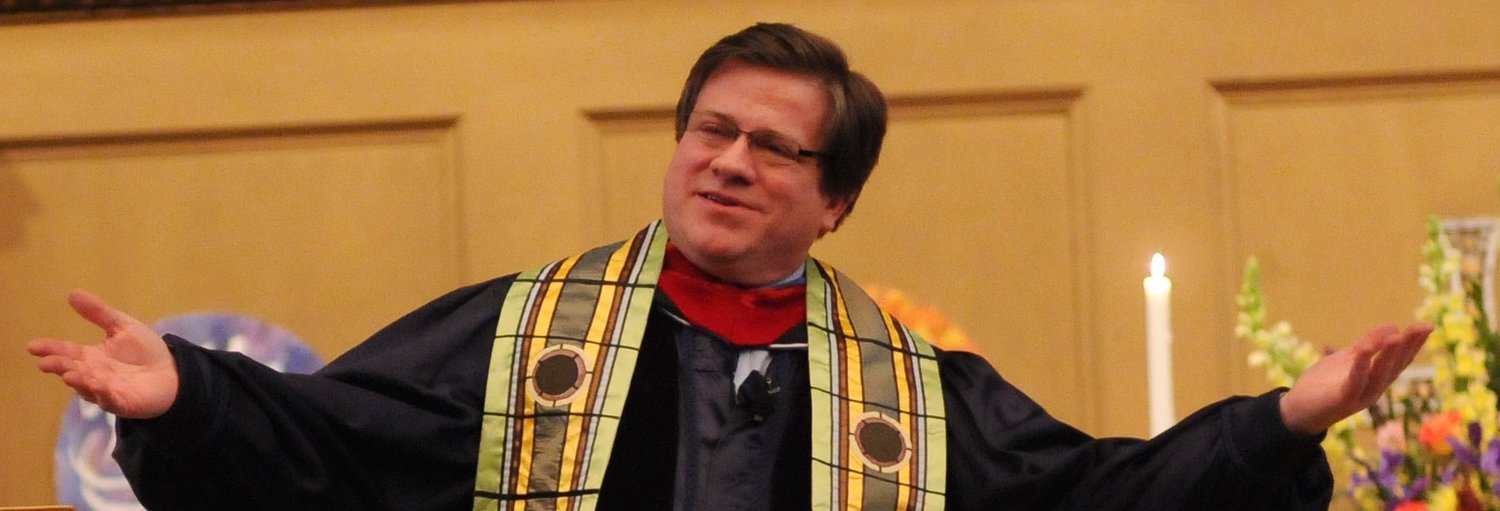For the Inward Journey, Day Fifteen
On Viewing the Coast of Africa
From my cabin window I look out on the full moon, and the ghosts of my forefathers rise and fall with the undulating waves. Across these same waters how many years ago they came! What were the inchoate mutterings locked tight within the circle of their hearts ? In the deep, heavy darkness of the foul-smelling hold of the ship, where they could not see the sky, nor hear the night noises, nor feel the warm compassion of the tribe, they held their breath against the agony.
How does the human spirit accommodate itself to desolation? How did they? What tools of the spirit were in their hands with which to cut a path through the wilderness of their despair? If only death of the body would come to deliver the soul from dying! If some sacred taboo had been defiled and this extended terror was the consequence—there would be no panic in the pain. If some creature of the vast and pulsing jungle had snatched the life away—this would even in its wildest fear be floated by the familiarity of the daily hazard. If Death had come being ushered into life by a terrible paroxysm of pain, all the assurance of the way of the tribe would have carried the spirit home on the wings of precious ceremony and holy ritual. But this! Nothing anywhere in all the myths, in all the stories, in all the ancient memory of the race had given hint of this tortuous convulsion. There were no gods to hear, no magic spell or which doctor to summon; even one’s companion in chains muttered his quivering misery in a tongue unknown and a sound unfamiliar.
O my Fathers, what was it like to be stripped of all supports of life save the beating of the heart and the ebb and flow of fetid air in the lungs? In a strange moment, when you suddenly caught your breath, did some intimation from the future give to your spirits a hint of promise? In the darkness did you hear the silent feet of your children beating a melody of freedom to words which you would never know, in a land in which your bones would be warmed again in the depths of the cold earth in which you will sleep unknown, unrealized and alone?
(For the Inward Journey: the writings of Howard Thurman.
Selected by Anne Spencer Thurman. pages 199-200
Originally published in The Negro Spiritual Speaks of Life and Death)
It is my practice, on Wednesdays, to take a “deeper dive” into Thurman’s story and Thurman’s thought. It is a very personal day for me (wait—isn’t every day personal? aren’t I always a person?) and I keep my rumination private. Still, with joy, I share from Dr. Harding’s introduction to For the Inward Journey. And hope that these are meaningful to you.
I did receive some photos of flowers blooming in my yard in Baltimore yesterday. Spring is here! I’m enjoying a few very deep breaths this morning, and this oh-so-quiet time.
Introduction to Thurman’s life, by Vincent Harding
(part two, continued from the March 12th post)
Thurman began a new marriage and a new teaching career in 1932. He married Sue Bailey, a friend from college days and a highly considered staff member with the national board of the Y.W.C.A. Together they moved to Washington, D.C., where Thurman joined the School of Religion at Howard University and later became dean of the university’s Rankin Chapel. The Thurmans developed together as a magnificent team in their ministry to students and others, and they became parents of a second daughter, Anne Spencer Thurman.
It was during the Howard University period that Thurman’s reputation as a creative teacher, preacher, and worship leader was first established. Partly as a result, he was invited to lead a small delegation of Afro-Americans on “a pilgrimage of friendship” as guests of the Student Christian Movement of India, Burman, and Ceylon (now Sri Lanka). The Thurmans and another couple, Edward and Phenola Carroll, made up the delegation that traveled from the fall of 1935 to the summer of 1936.
As Thurman often said later, that journey, coming at a formative point in his career, was “a watershed experience in my life.” The encounters with Tagore, Gandhi, and others, the constant demand from Hindus, Buddhists, and Moslems that he explain his connections with the Christianity of the slaveholders, lunch mobs, and other white supremacists in the U.S.A. set him on pathways that he never abandoned. The journey strengthened him in his instinctive movement toward making “a careful distinction between Christianity and the religion of Jesus”—and identifying himself primarily with the latter. From these powerful and often shaking encounters he began to formulate the ideas and conviction that eventually formed the substance of his best known work, Jesus and the Disinherited. On this journey, at the Khyber Pass, Thurman first caught a vision of creating a religious fellowship that would open its life to all seekers, of all colors and creeds.
(For the Inward Journey: the writings of Howard Thurman.
Selected by Anne Spencer Thurman. pages xi-xii)
